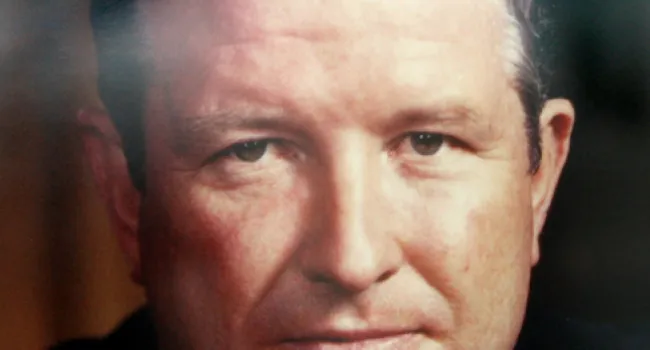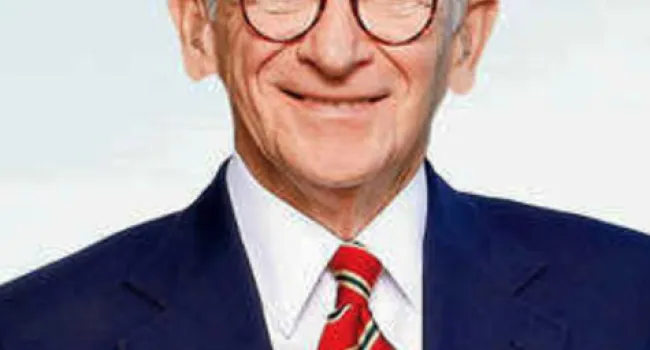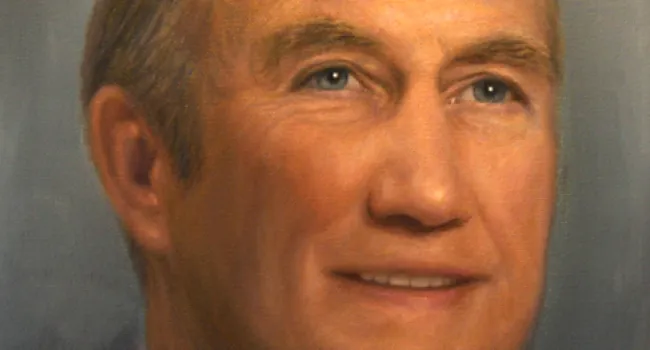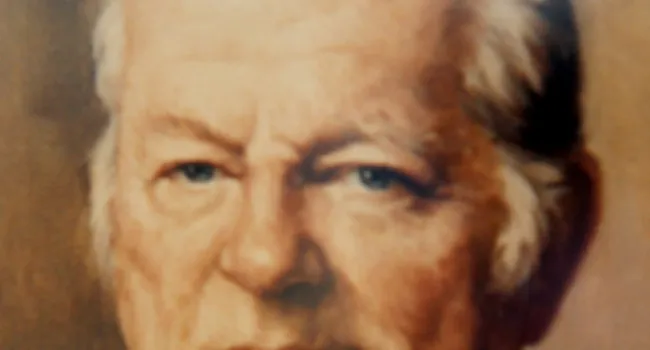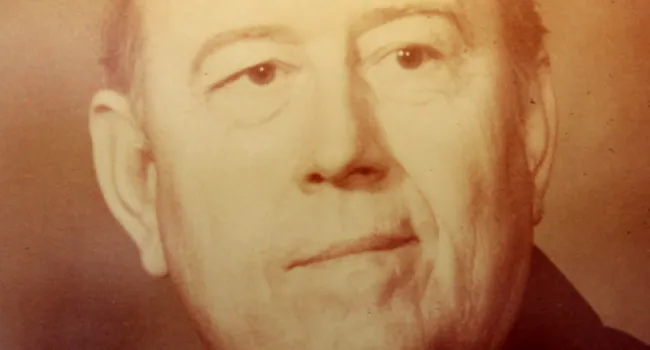James Burrows Edwards was born in Hawthorne, Florida, and was an officer in the U.S. Maritime Service during World War II. Edwards received a bachelor's degree in 1950 at the College of Charleston. He received a D.M.D. in 1955 from the University of Louisville. Returning to Charleston, Edwards established a dentistry practice in 1960 that specialized in oral surgery.
In 1970, Edwards was chairman of the Republican Party for the First Congressional District of South Carolina. Edwards first appeared as a candidate himself in 1971, when he entered a special election to fill the vacancy in the district caused by the death of longtime incumbent L. Mendel Rivers. Edwards narrowly lost to one of Rivers' staffers, Mendel Jackson Davis, in what was the first truly competitive race in the district in memory.
Edwards gained enough name recognition from his strong showing in the special election that he was elected to the South Carolina Senate as a Republican from Charleston County. Two years later, he entered the governor's race as a long-shot candidate. However, Edwards upset General William Westmoreland in the Republican primary, and then defeated Democratic Congressman William Jennings Bryan Dorn in the general election, thus becoming the first Republican governor of the state since Daniel Henry Chamberlain in 1876. Edwards was one of the few bright spots in what was otherwise a very bad year for Republicans due to Watergate.
At that time South Carolina Governors were not allowed to serve two terms in succession, so Edwards was unable to seek re-election in 1978. In 1981, U.S. President Ronald W. Reagan appointed Edwards to be the Secretary of Energy. He resigned two years later to serve as the President of the Medical University of South Carolina, a post that he held for seventeen years. In 2010, the new MUSC dental building and the dental school was renamed in his honor as the "James B. Edwards College of Dental Medicine."
Governor Edwards died on December 26, 2014.
Standards
- 8-7 The student will demonstrate an understanding of the impact on South Carolina of significant events of the late twentieth and early twenty-first centuries.
- Changes that took place in the United States during the late twentieth and early twenty-first centuries revitalized the economy and challenged traditional society and politics in South Carolina. To understand the response of South Carolina to these ch...
- 8-7.3 Explain changing politics in South Carolina, including the role of Strom Thurmond, the shift from the Democratic Party to the Republican Party, the increasing political participation of African Americans and women, and the passage of the Educatio...
- 8-7.4 Summarize key economic issues in present-day South Carolina, including the decline of the textile industry, the state’s continuing right-to-work status, the changes in agricultural emphasis, the growing globalization and foreign investment,...
- Changes that took place in the United States during the late twentieth and early twenty-first centuries revitalized the economy and challenged traditional society and politics in South Carolina. To understand the response of South Carolina to these ch...





